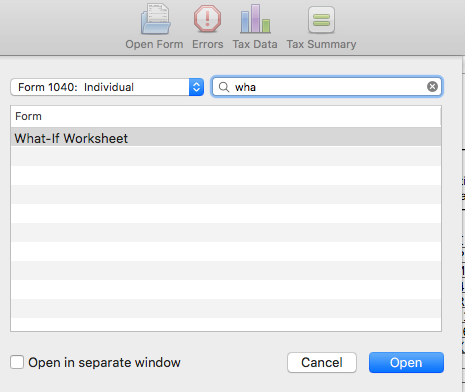The reality of your situation is that you have $1.5M in IRAs and a $7K annual pension. All of this is taxable. What you draw off is really a function of your retirement budget. So how much do you need to live? And after age 65 will your retiree health care be too expensive or not cover you adequately?
So many decisions and much researching.
1. What is the total retirement budget? Less the $7K in pension, all of it comes from an IRA.
2. What tax bracket does that put you into? Is there room in that bracket to draw an additional amount from the IRAs and convert it to a Roth? Without hitting the IRMAA limit?
3. Should you delay Social Security? Probably, yes, as a married couple.
4. Should you pre-pay Income Taxes to have some tax-free (i.e., Roth) savings to draw on to keep your taxable income at a certain level?
5. What will your retiree health plans cover after age 65? How does that cost compare to the cost of Medicare Part B? Part B + Medicare Supplement/Medicare Advantage Plan
6. What is the IRMAA limit for you as respects your Medicare Part B premium?
So you can delay Social Security for each of you. But neither of you can delay Medicare (well you can delay starting it, but you pay a premium penalty on Part B forever). And if your income exceeds the IRMAA limit, your Medicare premium can go even higher.
My experience with employer provided health-care post age 65 was that it was a closed plan (meaning only retirees could be added and as their health deteriorated, the premiums were far more expensive than what you can find in the Medicare market).
For research, I'd start with anything written by Ed Slott, who is an expert on IRAs and when to draw, etc. He is famous for describing what you are facing: a tax torpedo. The library has many of his books, most address social security and it's impact, Roth conversions, etc.
The Social Security and Medicare websites are excellent as well.
I-orp.com can also suggest a pattern of withdrawals that includes an assumption about taxes, and when/if to convert.
Then! Ask questions. It's a bit of an exercise to absorb it all, but once you have your personal finance plan figured out, you can set it on autopilot. Welcome to the adventure!
- Rita


